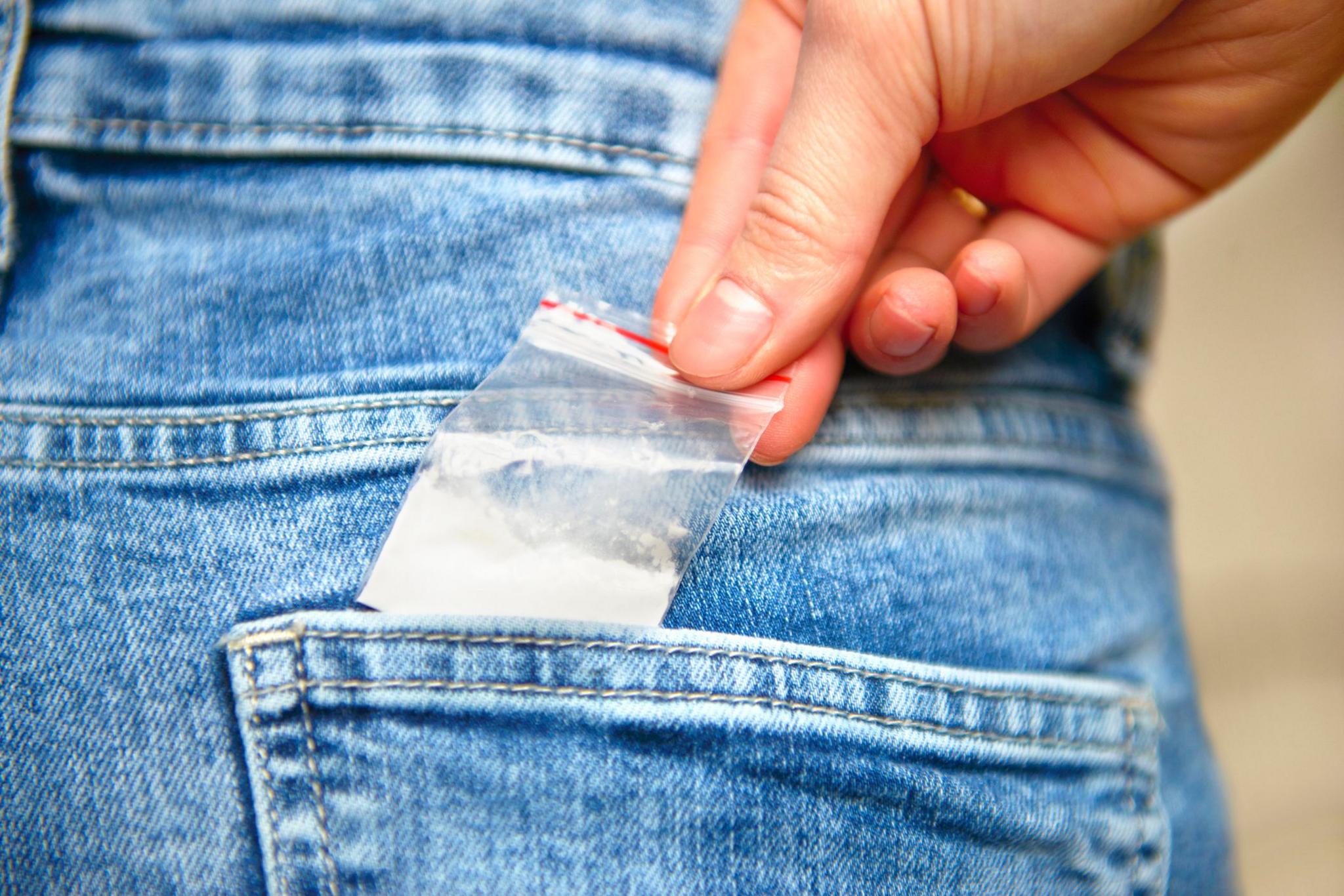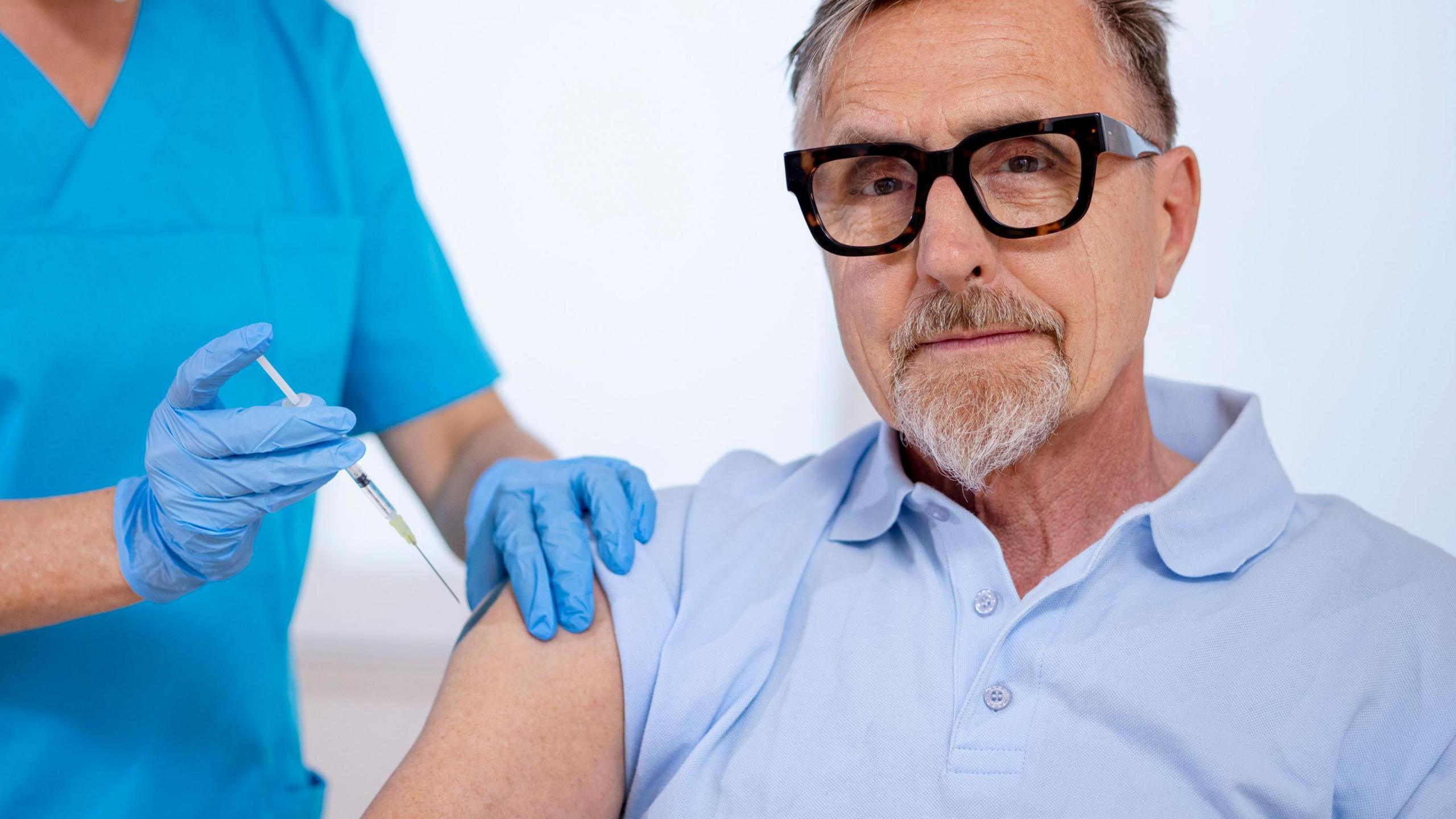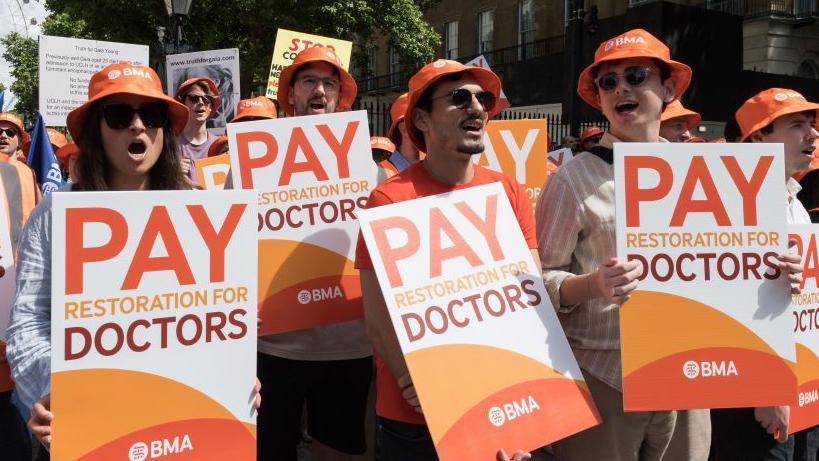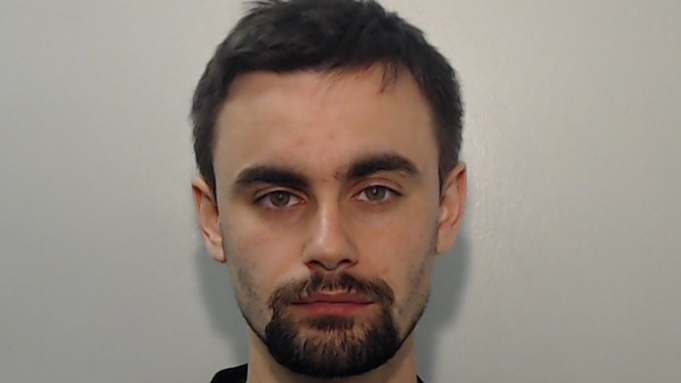Drug-poisoning deaths in England and Wales have hit the highest level in 30 years, fuelled by a 30% rise in fatalities involving cocaine.
The highest rate of drug deaths is still among men in “Generation X”, particularly those aged 40-49, the Office for National Statistics (ONS) said.
Cocaine deaths were nearly 10 times higher in 2023 than a decade earlier, claiming more than 1,100 lives.
The government is yet to comment on the latest figures.
Change Grow Live, a charity providing drug and alcohol treatment, said the “devastating loss of life” was “deeply saddening, unnecessary and unacceptable”.
It said “mental health issues, financial struggles, inequalities and dangerous synthetic drugs” were fuelling the rise.
Its statement urged the government to increase public health grant funding in the Budget on 30 October, and said harm reduction services must reach those most at risk.
In total, there were 5,448 deaths related to drug poisoning registered in 2023, marking an 11% rise on a year earlier, and the highest level since records began in 1993.
Just under half involved an opiate such as heroin, while the number of cocaine deaths rose for the 12th year in a row.
The North East recorded the highest rate of drug poisoning deaths by region for the 11th consecutive year, three times higher than London, which had the lowest rate.
Charities have warned drug deaths could rise further as more people have started using powerful synthetic opioids, such as nitazenes, which are much stronger than heroin.
ONS data showed there were 52 deaths registered involving nitazenes in 2023, up from 38 the previous year.
Martin Powell, from the charity Transform, which campaigns for the legal regulation of drugs, suggested the rise could be down to cocaine becoming higher in purity, prompting users to take it more often and alongside other substances.
He said this may be an unintended consequence of the government’s recent clampdown on cutting agents such as benzocaine.
Vicky Unwin’s daughter Louise was 21 when she drowned in the bath following a ketamine overdose in 2011. She said she was “really upset” by the recent increase in drug deaths.
“She [Louise] had weighed out the drugs that evening, and if she had known the right level of purity I think she would have been safe,” Vicky said.
“It’s heartbreaking….like lots of kids now she didn’t know that level of detail. Every day in the clubs people are taking drugs that are by default contaminated because they don’t know where they are coming from.”
She has campaigned for drug awareness to form part of the school curriculum, and wants to see the provision of more services such as the Safer Drugs Consumption Facility in Glasgow, where people can consume illegal drugs under the supervision of clinicians.
The BBC has contacted the government for comment.
In a statement last year, the previous Tory government said there were no plans to decriminalise drugs given associated harms such as “the risk posed by organised criminals”.
It said its 10-year drugs strategy had set out plans to support people through treatment and recovery, and tackle the supply of illegal drugs.











